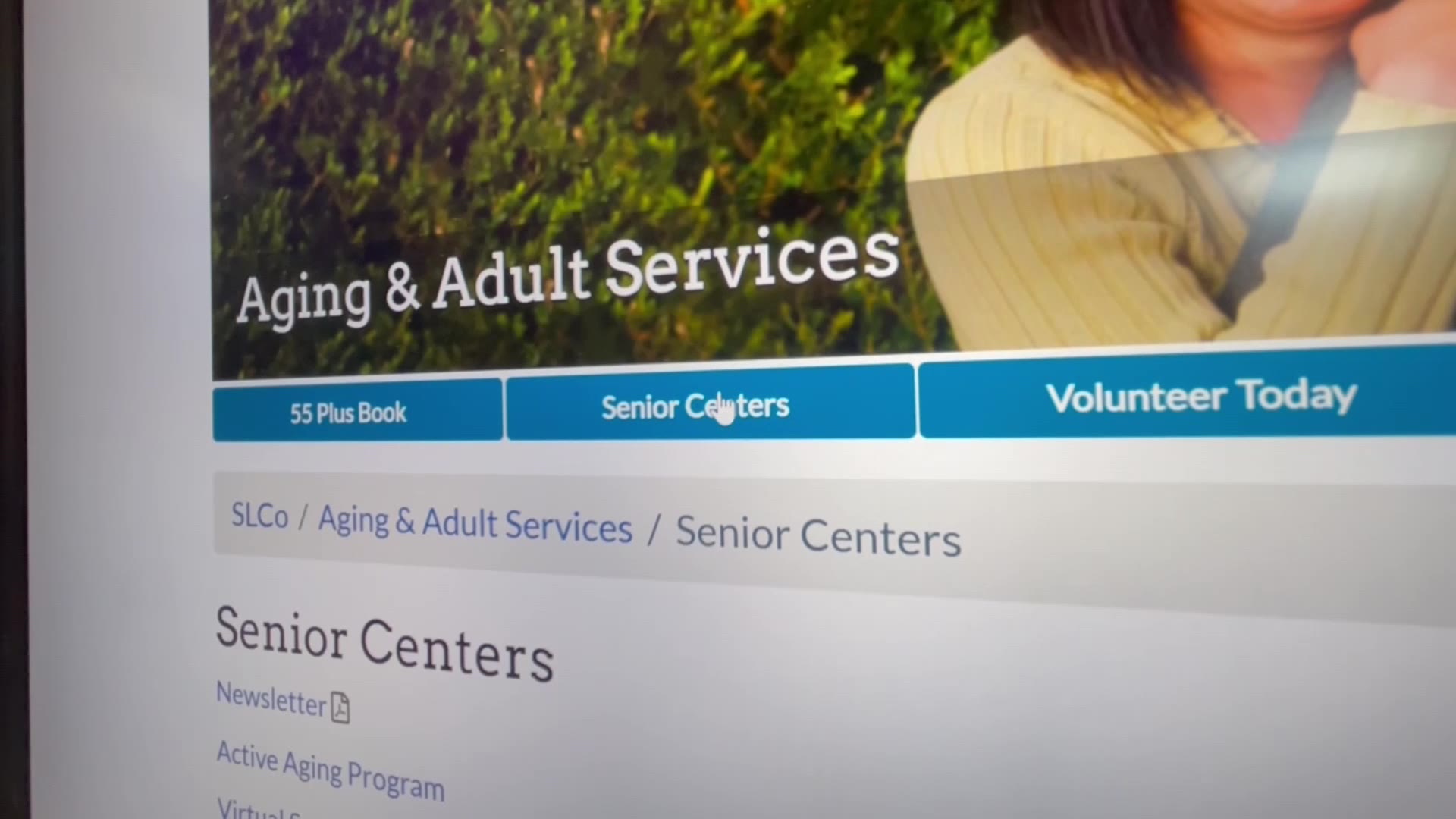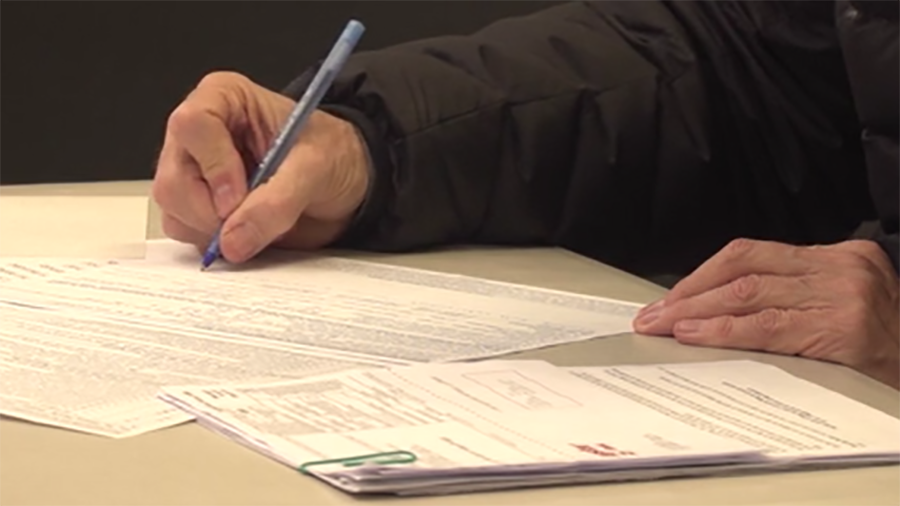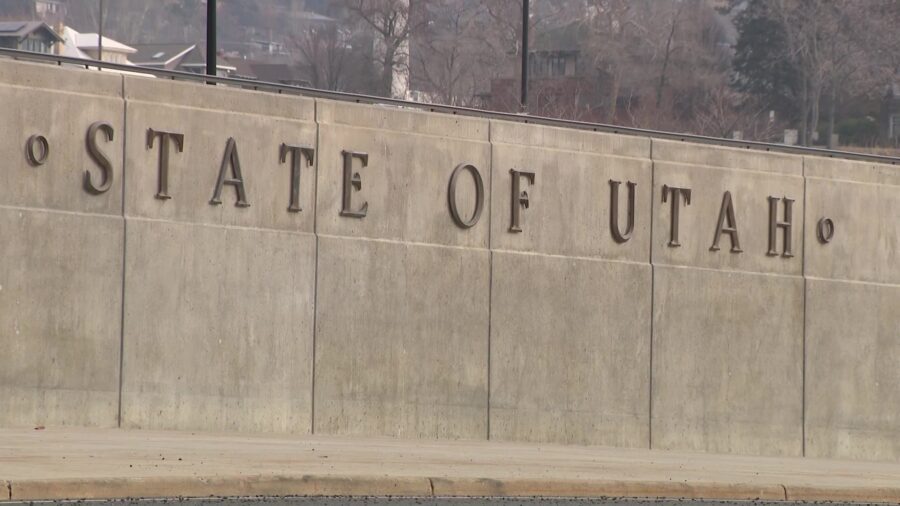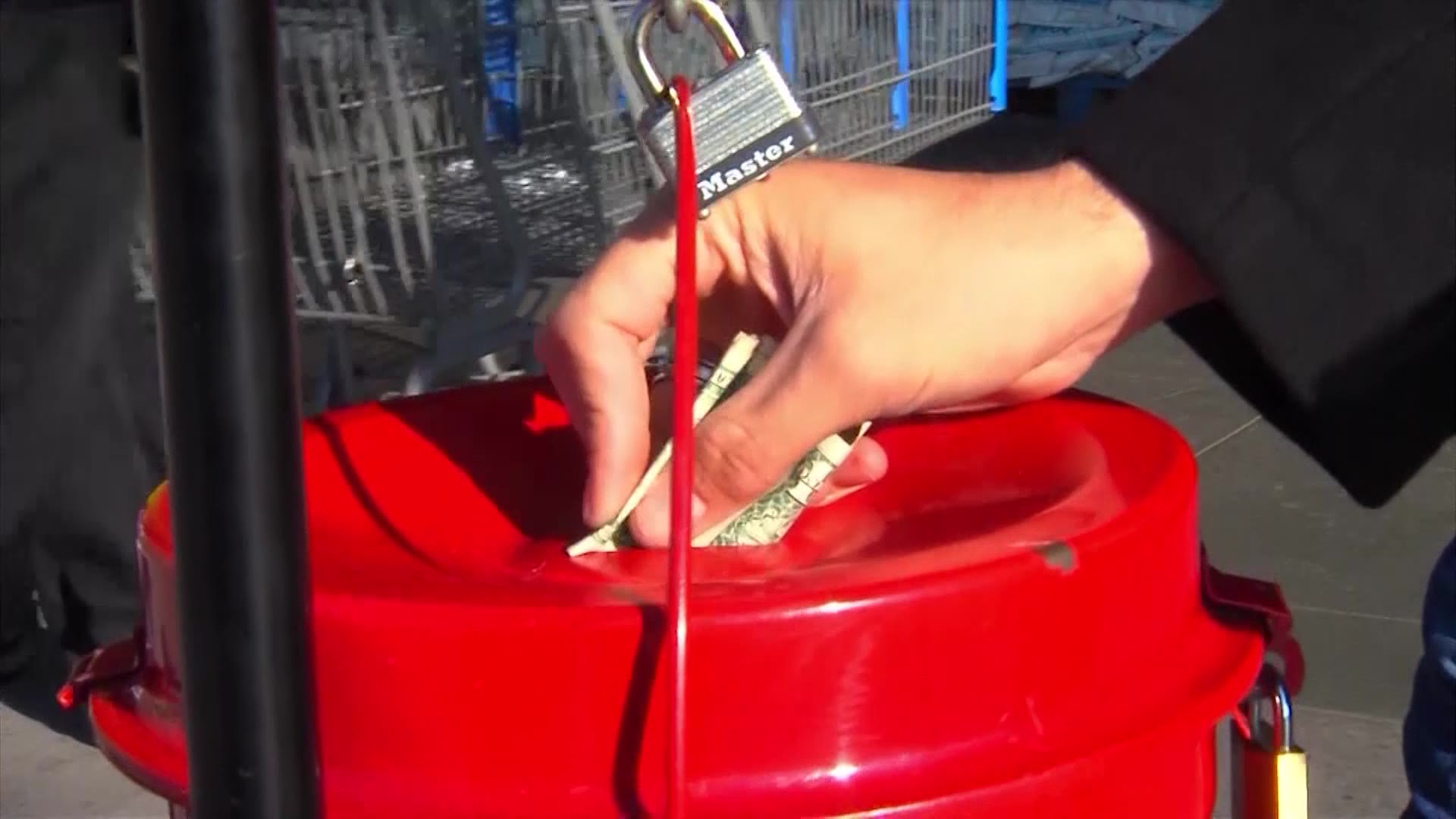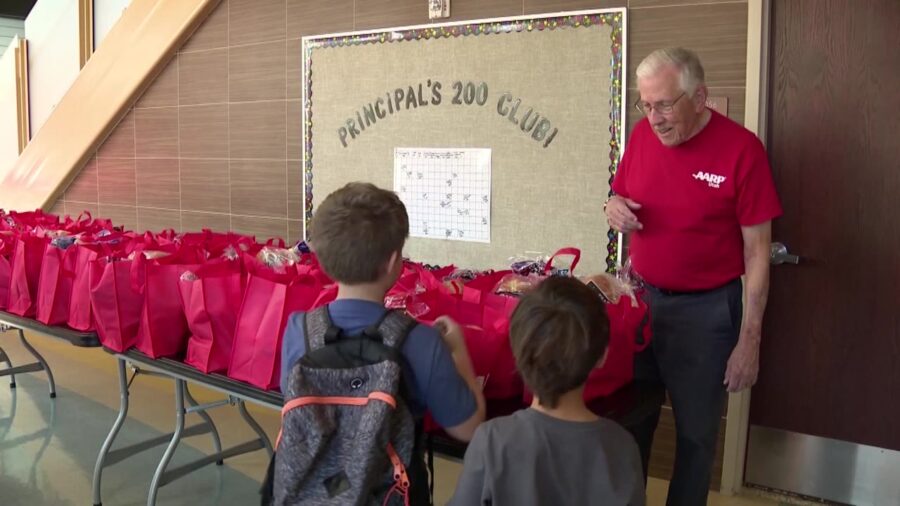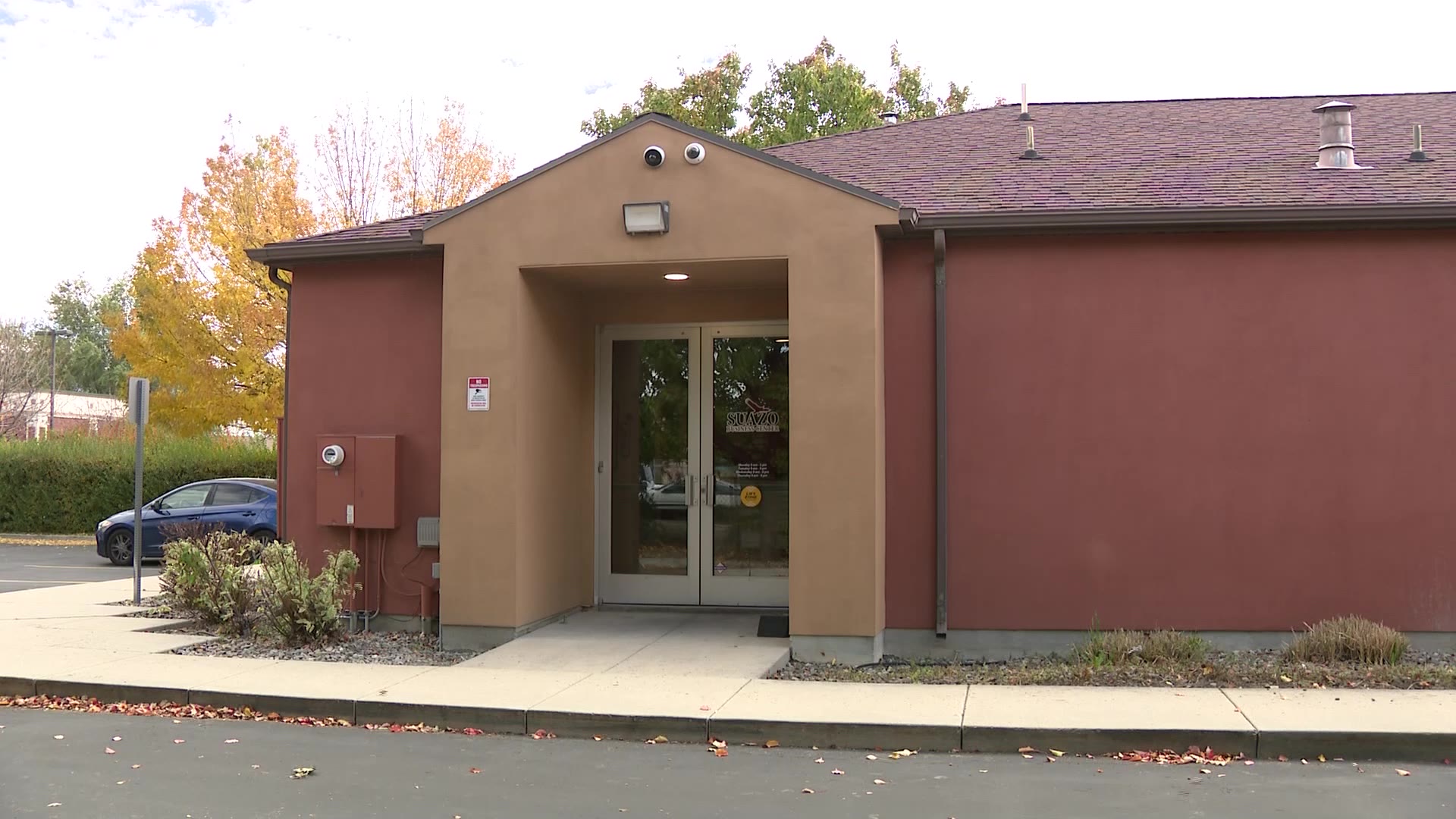Utah Latinos face health care barriers during the pandemic
Sep 16, 2021, 3:43 PM | Updated: 3:47 pm
WEST VALLEY CITY, Utah — Latino communities in Utah have been hit harder by COVID-19, but experts said it’s a pivotal opportunity to improve public health in communities of color.
They say changing the system could make everyone healthier.
“It’s the freedom, country, the opportunities,” said Ady Pineda, of West Valley City, who admired the American flag at Decker Lake Park.
She said the barriers for immigrant families have been magnified during the pandemic. “I am very grateful to live here,” she said. “But at the same time, it’s like a prison.”
Pineda has four daughters and a son. Her oldest daughter, a college student, got COVID-19 and missed three weeks of work.
Lost wages, and a lack of health insurance, made things difficult. “A lot of people don’t have access to go to the doctor, to take the medicine,” Pineda said.
Throughout the pandemic, Latinos have had higher COVID-19 case rates and hospitalizations. According to the Utah Department of Health, from March 1, 2020, to Aug. 20, 2021, there were 19,154 cases per 100,000 Latinos in Utah. That’s compared to 14,203 per 100,000 cases statewide. The hospitalization rate for Latinos was 45.8 per 1,000, compared to 43.5 per 1,000 statewide.
What can be done about it? Experts said first, we need to recognize barriers exist and work to address them.
“I think there’s still a lot of mistrust, unfortunately,” said Mayra Cedano, executive director of Communidades Unidas.
Cedano and her team connect immigrant families to health care. She said the current system wasn’t designed for communities of color.
“We have to ensure that the services are coming to the families … that we’re not expecting families to show up,” she said.
She said many fear deportation, so they don’t seek the vaccine or treatment.
Community health care workers, or “promotoras,” like Pineda, became key at the height of the pandemic, acting as a bridge to the community.
“They have strong roots in the community and they’re viewed as leaders, they’re respected,” Cedano said. “So how do we capitalize, how do we use that knowledge and that trust that we have to inform our community?”
Cedano would like to see more adaptations like this going forward. “The more that we create laws and systems that uplift everyone, that will create tremendous changes, and in fact, that will impact people’s health and well-being,” she said.
By doing so, we can build trust and better reach those in need.
“If the family is strong, if the family is healthy, the community is well,” Cedano said.
For more information, visit aarp.org/coronavirus and cuutah.org.

